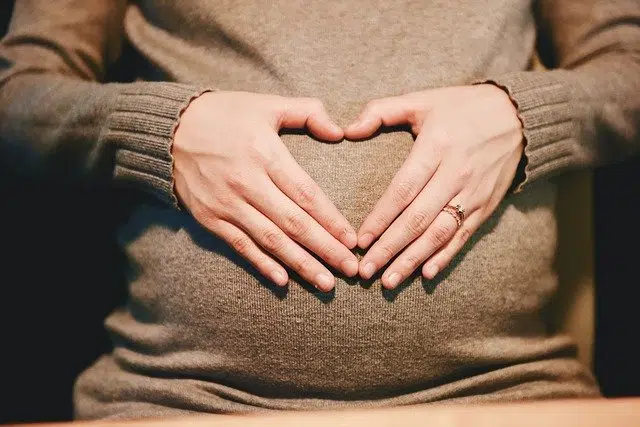
Procreation allows living beings to generate new beings of the same species.
The Latin word procreatio came into our language as procreation . This is what the act and consequence of procreating is called: generating a new being.
a new birth
Procreation, therefore, is the reproduction of a human being or an animal . It is a biological process that enables the birth of another organism.
Human procreation involves sexual reproduction , since the genetic information of the descendant includes contributions from the two parents through the fusion of the gametes. The DNA of the parents combines and thus the child has different and distinctive genetics.
Assisted procreation
The idea of assisted procreation or assisted reproduction refers to techniques that allow replacing or facilitating certain natural processes that develop within the framework of fertilization. This means that two people can become parents even without achieving pregnancy through intercourse.
Artificial insemination and in vitro fertilization are two popular methods of assisted procreation. These types of resources make it possible for many couples to achieve parenthood .
The history of assisted procreation is relatively short, since the first person conceived in a laboratory was born in 1978. We are talking about Louise Brown , an English girl whose birth marked a before and after in the fight against infertility. More specifically, the technique used in this case was in vitro fertilization, for which the extraction of an egg and its subsequent culture with a sperm is necessary.
Responsible procreation
The notion of responsible procreation , on the other hand, is linked to reproductive planning . Through responsible procreation policies and campaigns, we seek to prevent unwanted pregnancies, reduce maternal and child mortality, and encourage reproductive decision-making without the influence of violence or coercion.
It is important to keep in mind that the State plays an important role in various aspects related to procreation. Mothers, fathers and descendants have rights that ensure that the process is carried out in a healthy and complete manner. So much so, that we can affirm that the existence or emergence of the idea of "responsible procreation" has its origins in a series of social movements and their respective responses by governments.

Responsible procreation involves conscious planning before pregnancy
First of all we must talk about equal rights between men and women , something that should apply in all aspects of life, in all areas of society. If two people of opposite sexes decide to start a family, neither should have more than fifty percent of the vote in the group's decisions , something that extends to the possibility of having children. We know that even today many women feel obliged to be mothers by their husbands, fathers or the Government itself, depending on the country. Even when there is no law, social pressures can be very strong.
For responsible procreation to exist, we must first attack these pressures , to give women the possibility of governing their own body. Then comes the issue of contraceptive methods, about which both women and men should be informed to choose the ones that best suit their needs. If a couple does not want to have children, then they should use these resources without exception. Here the State comes in again, since it is responsible for raising awareness among the population of the importance of prophylactics and offering them free of charge to low-income people.
